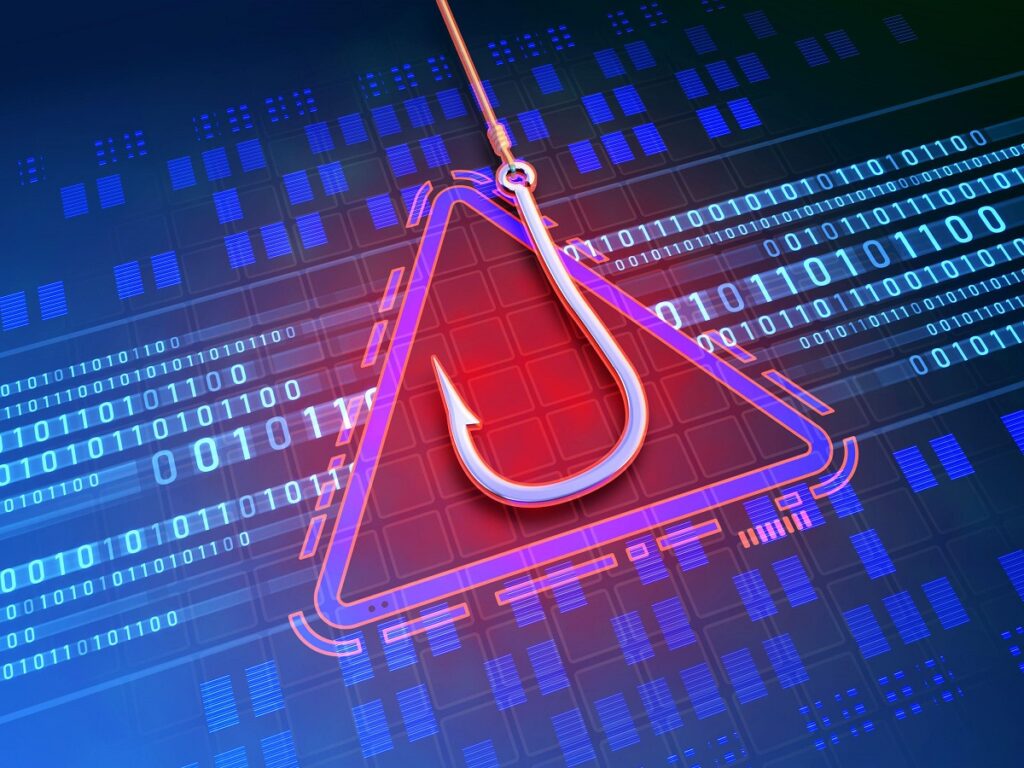Social Engineering
Blykos Social Engineering


Continuous Phishing Simulation
According to IBM’s 2023 Threat Intelligence Index, phishing was the leading infection vector for the second year in a row. In order to be the best, you need to practice more than the rest. That is why our continuous phishing simulation will help your users properly identify and respond to malicious emails better than anyone else. Allowing you to focus less time on incident response, and more time on your vital business processes.


Blykos Social Engineering
Don't be the next statistic
Yahoo
A massive phishing attack compromised the personal information of more than 500 million Yahoo users, making it one of the largest data breaches in history. (2014)
Target
Hackers used a phishing email to gain access to Target’s payment system, stealing the credit and debit card information of 40 million customers. (2014)
Anthem
Cybercriminals used a phishing email to gain access to Anthem’s database, stealing the personal information of 80 million customers and employees. (2015)
Democratic National Committee
Russian hackers used a phishing email to gain access to the email accounts of DNC officials, resulting in the leak of sensitive emails during the 2016 presidential campaign. (2016)
Equifax
A phishing email sent to Equifax employees led to a data breach that exposed the personal information of 147 million consumers. (2017)
Hackers sent phishing emails to Google employees, gaining access to sensitive company information and intellectual property. (2017)
WannaCry ransomware attack
The ransomware spread rapidly across the globe through a phishing email that tricked users into downloading malware. (2017)
Cambridge Analytica scandal
A researcher used a phishing email to gain access to data from millions of Facebook users, which was later used to influence the 2016 US presidential election.
Marriott International
A phishing attack compromised the personal information of 500 million Marriott customers, including names, addresses, phone numbers, and passport numbers. (2018)
Capital One
A hacker gained access to Capital One’s system through a phishing email, stealing the personal information of 106 million customers and applicants. (2019)
Blykos Social Engineering
Don't be the next statistic
Yahoo
A massive phishing attack compromised the personal information of more than 500 million Yahoo users, making it one of the largest data breaches in history. (2014)
Target
Hackers used a phishing email to gain access to Target’s payment system, stealing the credit and debit card information of 40 million customers. (2014)
Anthem
Cybercriminals used a phishing email to gain access to Anthem’s database, stealing the personal information of 80 million customers and employees. (2015)
Democratic National Committee
Russian hackers used a phishing email to gain access to the email accounts of DNC officials, resulting in the leak of sensitive emails during the 2016 presidential campaign. (2016)
Equifax
A phishing email sent to Equifax employees led to a data breach that exposed the personal information of 147 million consumers. (2017)
Hackers sent phishing emails to Google employees, gaining access to sensitive company information and intellectual property. (2017)
WannaCry ransomware attack
The ransomware spread rapidly across the globe through a phishing email that tricked users into downloading malware. (2017)
Cambridge Analytica scandal
A researcher used a phishing email to gain access to data from millions of Facebook users, which was later used to influence the 2016 US presidential election.
Marriott International
A phishing attack compromised the personal information of 500 million Marriott customers, including names, addresses, phone numbers, and passport numbers. (2018)
Capital One
A hacker gained access to Capital One’s system through a phishing email, stealing the personal information of 106 million customers and applicants. (2019)
Blykos Social Engineering
Forensic Email Investigations
No automated phishing filter is perfect. The adversary is constantly
changing tactics in order to slip through detection technologies, and they are continually successful. This is why training your users to be the best first line of defense is vital. Whether you’re using a detection system or not, we provide our forensic email investigative service (FEIS) included with the continuous phishing
training. Securely send us questionable emails and we will dive into the data behind it to confirm its legitimacy.





Blykos Social Engineering
Phone Call Social Engineering
Phone call social engineering is a technique used by attackers to manipulate individuals over the phone to reveal sensitive information, such as passwords or other confidential data. Our phone call social engineering service helps clients identify vulnerabilities in their organization’s security by simulating real-world scenarios. By conducting controlled and safe simulations, we can evaluate and provide recommendations to improve security awareness and prevent data breaches. Our service helps organizations better understand the risks associated with social engineering attacks, ultimately leading to a stronger security posture and protection against potential threats.




